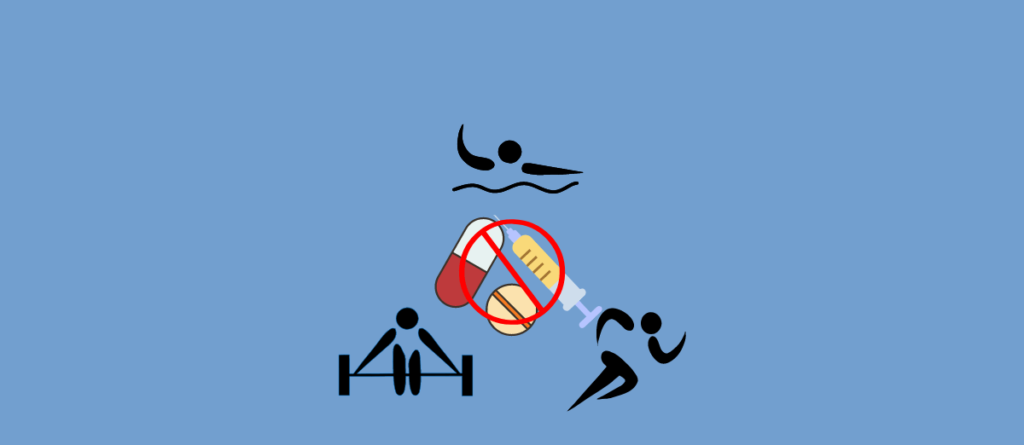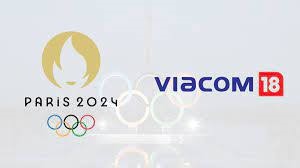The Legal Implications of Doping in Sports: A Comparative Analysis of Global Anti-Doping Regulations
Introduction Doping in sports presents significant legal challenges that impact the integrity of competition, the health of athletes, and the broader legal landscape surrounding sports regulations. This article provides a comparative analysis of global anti-doping regulations, examining how different jurisdictions address doping and the legal implications of these approaches. By exploring regulatory frameworks from key regions, we can better understand the effectiveness and challenges of anti-doping measures worldwide. 1.The Global Framework: The Role of WADA The World Anti-Doping Agency (WADA), founded in 1999, is central to the global fight against doping in sports. WADA’s primary tool is the World Anti-Doping Code (WADC), which sets out a unified framework for anti-doping regulations. The Code is designed to harmonize rules across different sports and countries, providing a standardized approach to testing, adjudication, and sanctions. WADA’s efforts aim to ensure that athletes compete on a level playing field, free from performance-enhancing drugs. 2.Regional Perspectives on Anti-Doping Regulations 2.1 United States In the United States, anti-doping regulations are enforced by the United States Anti-Doping Agency (USADA). The USADA operates under the WADC but also navigates complex legal landscapes influenced by federal and state laws. The Anabolic Steroid Control Act, for example, classifies certain performance-enhancing substances as controlled substances, creating a legal framework for prosecuting doping cases. Legal challenges in the U.S. often revolve around due process and athletes’ rights during investigations. The U.S. legal system provides a robust avenue for challenging doping sanctions, and athletes may contest penalties through arbitration or litigation. The USADA emphasizes education and prevention, alongside strict testing procedures, to curb doping. 2.2 European Union The European Union (EU) presents a varied approach to anti-doping regulations due to its diverse member states. The EU supports the WADC framework but allows member countries to implement their own regulations. For instance: United Kingdom: The UK Anti-Doping (UKAD) agency enforces anti-doping rules with a focus on testing, education, and enforcement. UKAD’s approach includes comprehensive testing protocols and educational initiatives to prevent doping. France: The French Anti-Doping Agency (AFLD) is known for its proactive stance, including unannounced tests and collaboration with law enforcement. The AFLD’s rigorous enforcement measures aim to deter doping and ensure compliance with anti-doping rules. EU regulations also intersect with broader legal frameworks, such as the European Convention on Spectator Violence and Misbehaviour at Sports Events, which, while not directly focused on doping, supports the integrity of sports by addressing related issues like match-fixing and violence. 2.3 Australia Australia’s anti-doping framework is overseen by Sport Integrity Australia, which aligns with WADA’s standards. The Sports Integrity Australia Act 2020 provides a comprehensive legal structure for managing doping cases. This includes provisions for investigations, sanctions, and appeals. Australia’s legal approach emphasizes both prevention and enforcement, balancing strict regulatory measures with support for athletes. The focus on public health and safety is evident in Australia’s regulatory practices, which seek to protect athletes from the harmful effects of doping and maintain the integrity of sports. 2.4 China China’s anti-doping regulations are managed by the China Anti-Doping Agency (CHINADA), which adheres to WADA standards but faces unique challenges. Legal issues in China include concerns about transparency and the rights of athletes during doping investigations. While China has made strides in improving its anti-doping measures, there are ongoing issues related to the consistency of enforcement and the protection of athlete rights. 3. Legal Challenges and Implications 3.1 Athlete Rights and Due Process A significant legal challenge in anti-doping regulation is ensuring that athletes’ rights are protected. The process of testing, adjudication, and sanctioning must adhere to principles of fairness and transparency. Legal disputes often center on due process, including the right to a fair hearing and access to effective appeal mechanisms. The Court of Arbitration for Sport (CAS) plays a crucial role in resolving disputes and ensuring that athletes’ rights are upheld. 3.2 Cross-Border Jurisdictional Issues Doping cases often involve multiple jurisdictions, creating challenges in enforcing regulations and coordinating investigations. Different countries may have varying definitions of doping violations and standards for evidence, leading to inconsistencies in how cases are handled. International cooperation and harmonization of anti-doping policies are essential to address these cross-border issues effectively. 3.3 Balancing Prevention and Punishment Anti-doping regulations must strike a balance between preventing doping and imposing appropriate sanctions. While strict penalties are necessary to deter doping, there is also a need for educational programs that promote clean sport and raise awareness about the risks and consequences of doping. Legal frameworks must ensure that penalties are proportionate and that athletes have access to resources for rehabilitation and support. Conclusion The legal implications of doping in sports are complex and multifaceted. A comparative analysis of global anti-doping regulations highlights both commonalities and differences in how various jurisdictions address doping issues. The role of WADA and international cooperation remains crucial in maintaining consistency and integrity in anti-doping efforts. As sports continue to evolve, ongoing dialogue and adaptation of legal frameworks will be essential to effectively combat doping and safeguard the integrity of competition.


